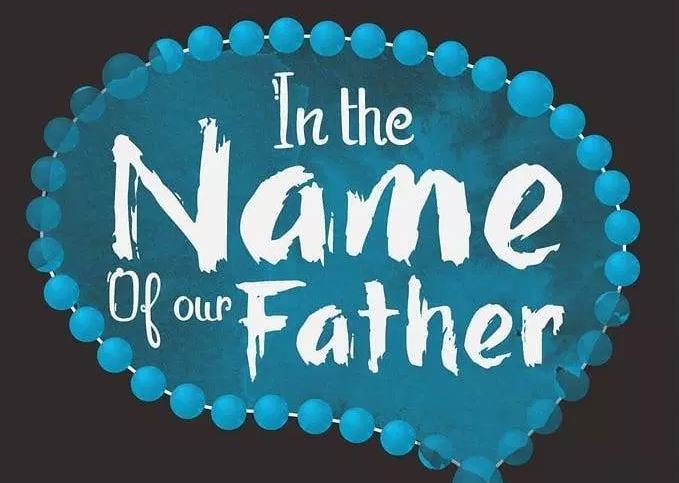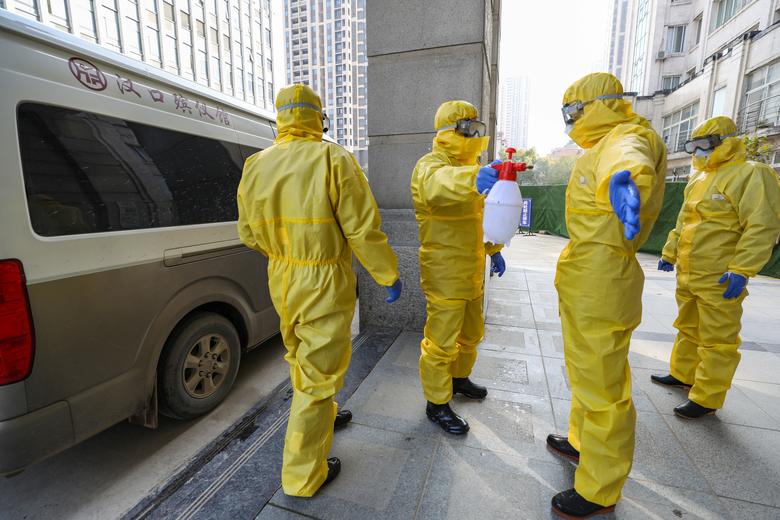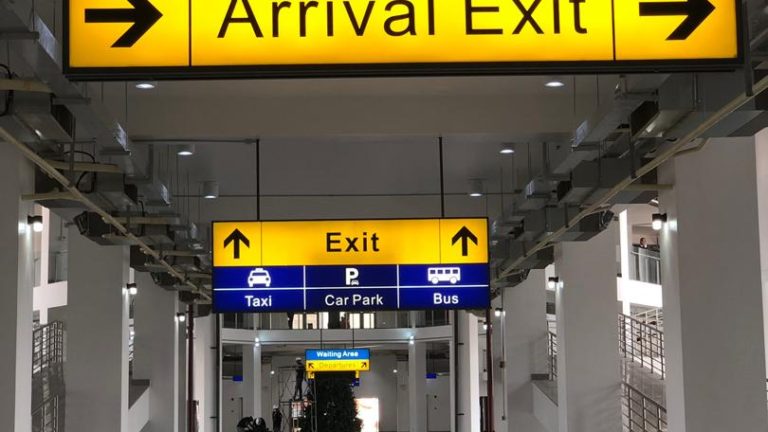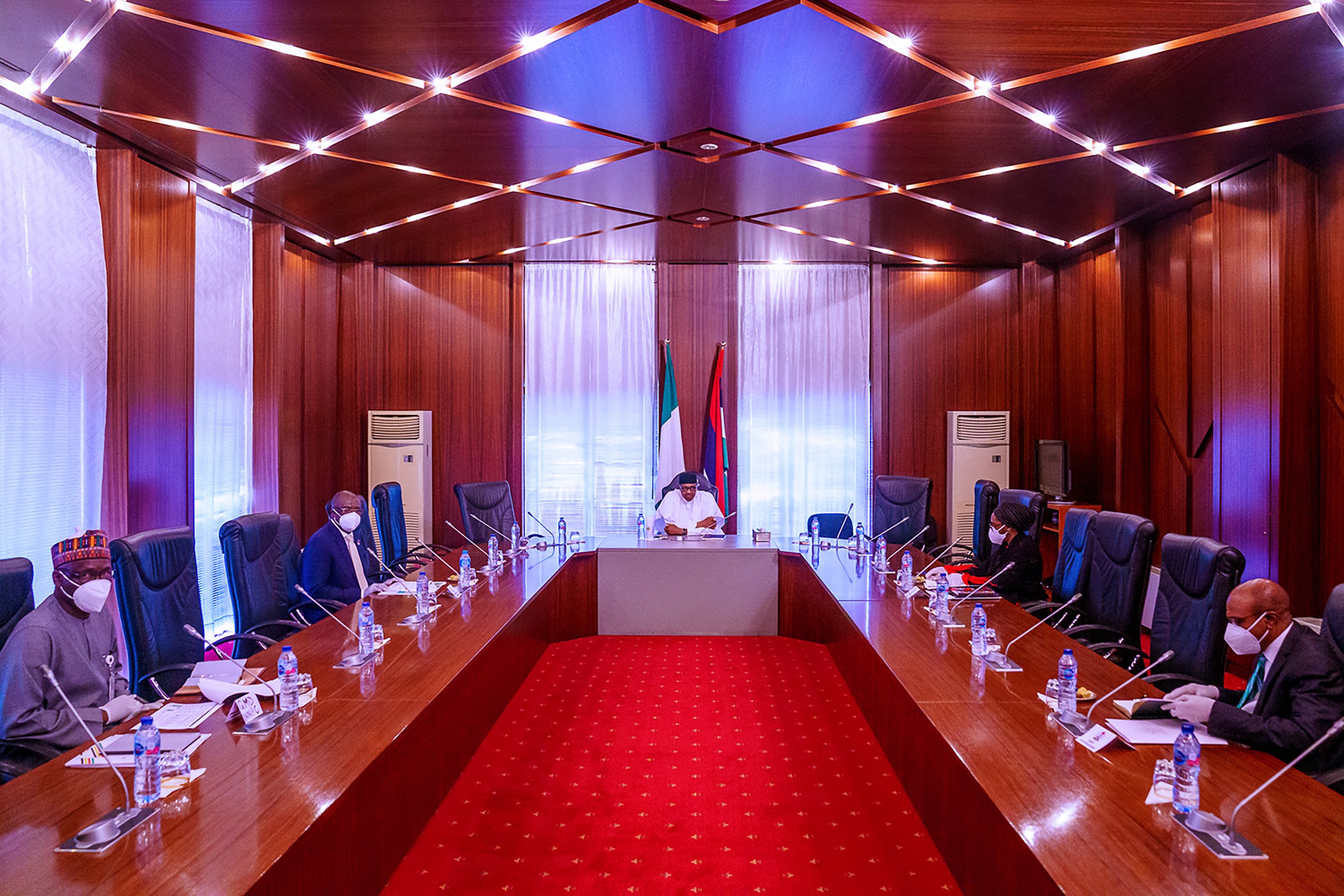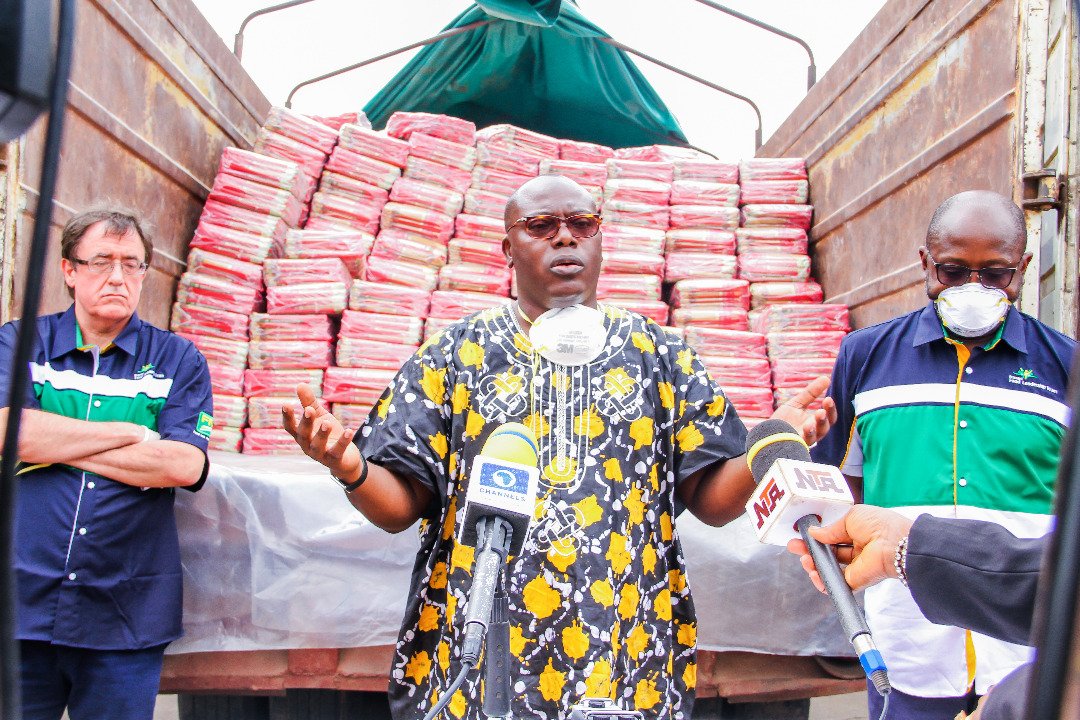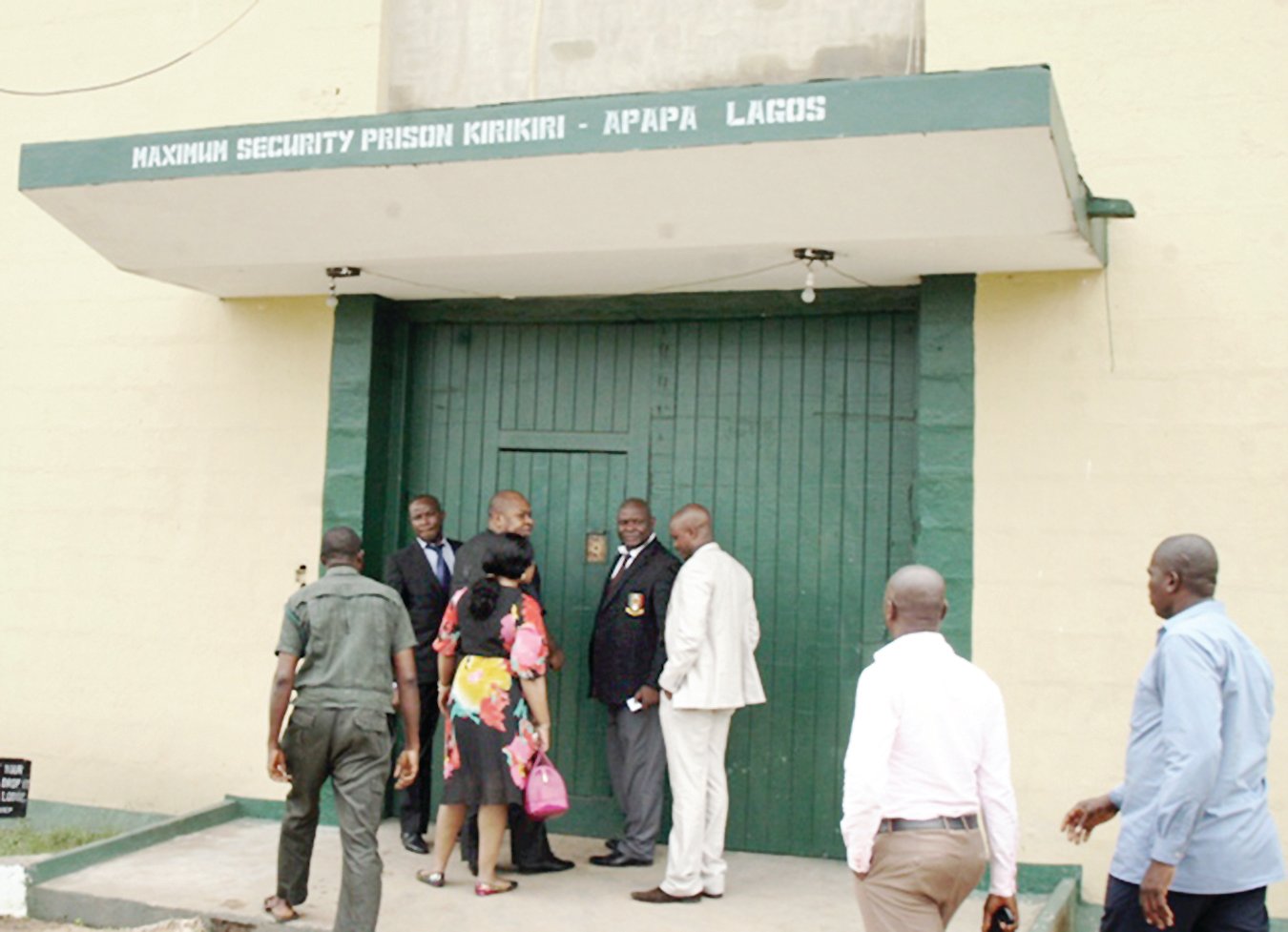BY FEMI MORGAN
Olukorede Yishau’s novel, In the Name of our Father is one of the celebrated books of the year 2019. It has gained the attention of scholars who find it resourceful for exploring African Studies research questions. It has found its way into the libraries of renowned international universities and has startled many who do not have an understanding of the workings of a failed country whose cosmopolitan potentials remain able to sustain its cancerous symbiosis. The book has been listed as a prominent book for the year 2019 by the Lagos Book and Art Festival and the ProjectLitGhana.
The novel resonates because it shows us the structures and superstructures of tyranny in an African Nation-State. We encounter characters who are directly involved in corruption that leads to coextensive crime in the Land. The book also made a major, one of the minor motifs of many African fictional works in the country–It made the exchanges between the lord spirituals and the lord temporals, its major theme. The book is both crime fiction and post-colonial fiction.
The book is set at a period in Nigeria, when Military Juntas were a norm. A reminder of unlawful arrests and disappearances that were a signature of the Abacha days. The rumours of the use of ritual and the employment of spiritual leaders to remain perpetually in power and the buoyancy of a corrupt elite who do not mind whether the poor and his generation unborn starve to death. To be specific, the book retells the Abacha era in a more imaginative way by examining the real and imagined stories of the googled dictator, his insecurities and the fate of all the players of power.
Advertisement
The book does not engage our nascent democracy, it does not make comparison with this new found freedom in the nation. What a calm and experienced reader will see while the reading the book is that the writer maps the trajectory of power drunk leadership and perhaps hopes that we become aware of them irrespective of the forms they may take in any dispensation or pseudo-democracies .
Nigeria of the military era was a country where you needed the right connections and great sums of money to thrive and be undisturbed for agencies of government and the general public. With the right connections, you can make anyone who challenges you, abuses you or dangles your secrets before your eyes suffer, rot in jail or disappear without his family finding his or her body, or knowing his or her whereabouts. It is this right connections that power brokers engage until they become a network, a cabal with memberships including political actors, religious actors, the police, the judges and the lawyers, the tugs and the criminals. This stretch of interconnected networks effectively deploy protection for its members which in turn submits the loyalty meant for the state to its cabal.
The story summary is excused. Read the book. What I find fascinating about the book is its capacity to keep the audience glued to its pages not by the usual fictional nuance but by a narrative that bends into realism so much it is both journalese and fictional. Writers like Helon Habila uses this kind of technique to capture the essence of the subjects within his fiction without creating endless abstracts and abstractions. The blend of journalese and fiction works for those who know how to use it because these are stories so close to us that we cannot ignore them. They are like reportages live streamed to the audience through the brown pages of a paperback.
Advertisement
The book reminds me of The Remains of the Last Emperor by Adebayo Williams, one of the prolific novels republished in this year because of its essence for this decade of gross injustice. Williams’ novel explores the dynamics of power, the state of mind of the oppressed, and the oppressor and the struggles of lack of unity and social infrastructure that lead people to capitulate into lunacy or aberrations close to crime. Although Adebayo William’s book is magical realism and Olukorede Yishau’s book is realism, both writers with same journalism backgrounds are fascinated by power. There is a trend here. Journalists who are fiction writers, playwrights and poets are fascinated by power perhaps due to private brushes with the power brokers or perhaps as an escape from the barrage of ‘bad news’ that they are shocked with every working day of their lives. It is a double tragedy for journalists in Nigeria whose lived lives are harsh while they grapple with their role of writing about the hard and brutish conditions imposed on all Nigerians by her rulers. To be in the fourth estate of the realm is to be closer to feel the texture of grime and be close to eavesdrop on the conversations of the powerful.
Power is a huge discourse. Power is a reliable tool in Nigeria because it is country where only connections and money can open doors. The fake spiritual leaders in Yishau’s work gain the traction of the people who are dispossessed of the minutest of power, the power to decide their own fates, by the agency of state. The government personas ar attracted to spiritual power because of the fear of displacement. The fear of opponents, political associates whose words are not the same as their minds. This is why they need protection beyond the reclusivity of high and heavily guarded spaces and the distanced reality from the griding hardship of the people.
Yishau explores the partnership between the state and the church. He hints that the church in Nigeria has so much power and influence over the people because of the fact that Nigeria is a failed state. In turn, the state is in collaboration with the church in order to restrict the outbursts of rebellion and to brainwash the people. Here, we see the reverse of the fate of the Archbishop of Canterbury– a buoyant church that elevates everything above the ground so that powers on the ground can do the needful. This may not be true of all churches, for argument sake, so Yishau focuses on churches with syncretic backgrounds and false prophets who source their powers from the occult while saving face with the name of Jesus. This safe zone allows Yishau to engage ritual killings, prostitution, cabalism, belongingness, crime in the surburb, dream-reality dichotomy, social and governance frauds amongst others. The novel also explores a Lagos suburbs that most writers do not explore. A lot of writers write about upper class Lagos areas–Ikoyi, Ikeja, but Yishua is interested in the infrastructural deficient areas, where most cosmopolitan Nigerians live–Iyana Ipaja, Okokomaiko and others. Here the novel showcases the trickle-down effect of corruption and tyranny, poverty and loss of hope.
The book is not only about power relations between Government and Men, it is also about Men and Women. Look closely and you will see how Olukorede explores Objectification of Women, and Children. He brings you close to the subversive powers of some women who unshackle themselves from patriarchy, breaking the hearts of overconfident and powerful men, playing subtle roles in overthrowing governments, and asserting the ownership of their bodies by damning the consequences.
Advertisement
As a buff of migration, I realise that Yishau fixates on internal migration more than external migration in the work. I believe this is due to tyranny itself. In dictatorships, the homeland becomes a big prison of sysiphian misfortunes. Only a few will be able to escape to other countries either through the instrumentality of negotiation or the goodwill of the power brokers. The whole landscape holds no justice and fairness.
The writer is attuned with Fela Anikulapo Kuti’s ‘Craze World’ which could work as a soundtrack for the reading of the book, because one of his characters, a writer who decides against all odds to publish a damning book against a prophet is sabotaged on all sides by the state agents. He is subsequently arrested and taken to an undisclosed dungeon where he experiences hell without trial. But Olukorode contradicts Fela, as his character neither enjoys the prison of the mind nor the shackled confine, both are death traps of gnawing pain for men and women who have lost the simple grains of their humanity.
Yishau’s book is good. There are parts of the stories that need to be explored deeper. There are some minor characters that need to grow and become fully formed. This flaw is due to his journalism background. Journalism goes straight to the point instead of meandering through curveballs of landscape and stretched characterisations. This is compensated with robust and real main characters whose words, thoughts and actions are measured by the reader in order to understand how characters can morph into a comfortable and confident doublespeak from the phases of questioning to selfdoubt, to become an embodiment of human contradiction without conscience.
In all, Yishau’s work is a sentimental novel of a Nigerian middle class, constantly faced with balking to a corrupt system, and accepting the virus of the unethical marriage of power between church and State. A partnership nuanced by sermons, prophecies and nortunal meetings, threats, oppression, imprisonment and silences that pushes one to become either a ‘Chi chi dodo’or an outcast unwilling to play by the rules that guide the way of his world.
Advertisement
Morgan is a writer and culture curator. He is the author of five books of poetry which include Renegade and Whispers. He has curated Artmosphere Nigeria where he has hosted writers, singers and intellectuals for eight years. His works can be found online and elsewhere.
Advertisement
Views expressed by contributors are strictly personal and not of TheCable.
Add a comment
